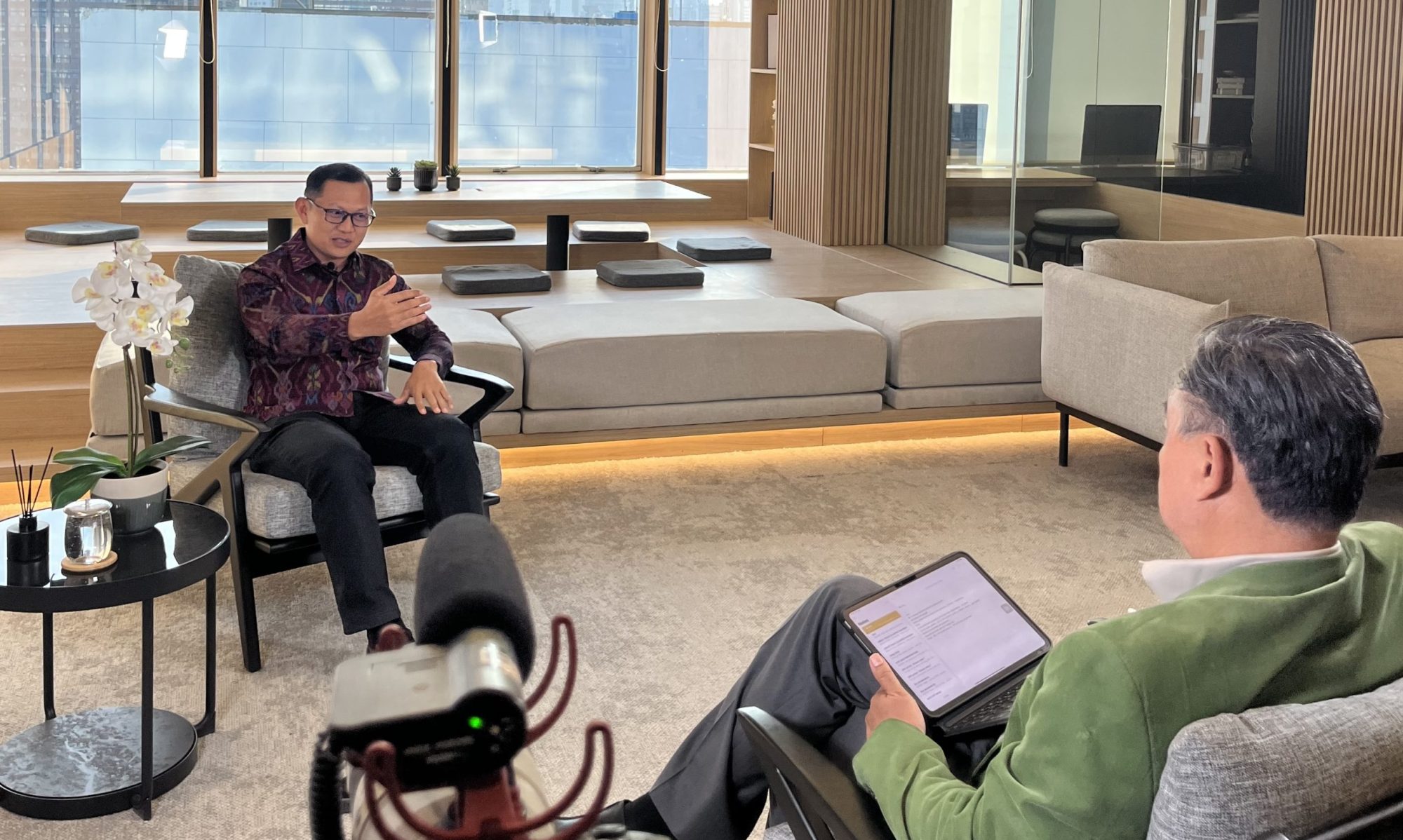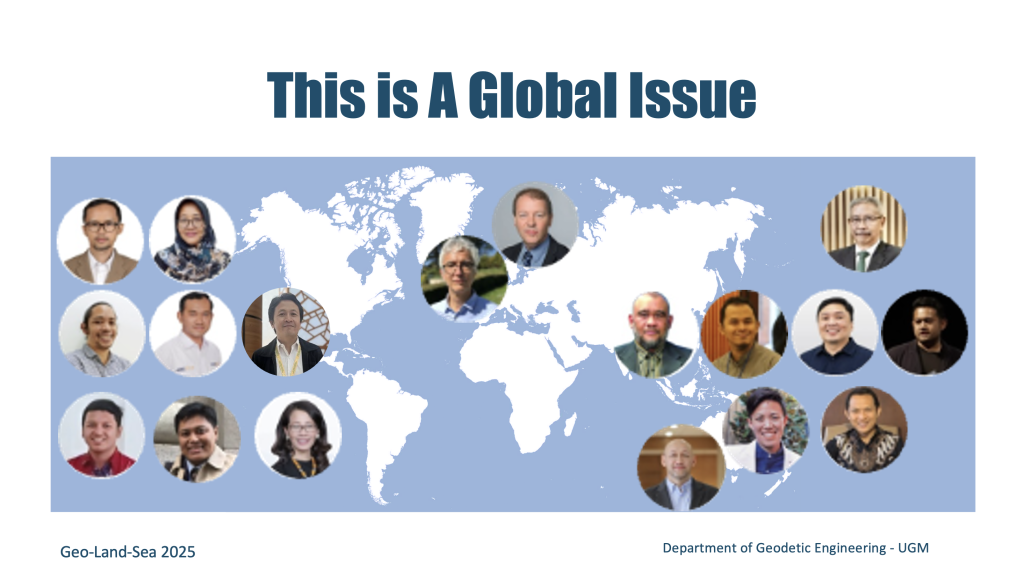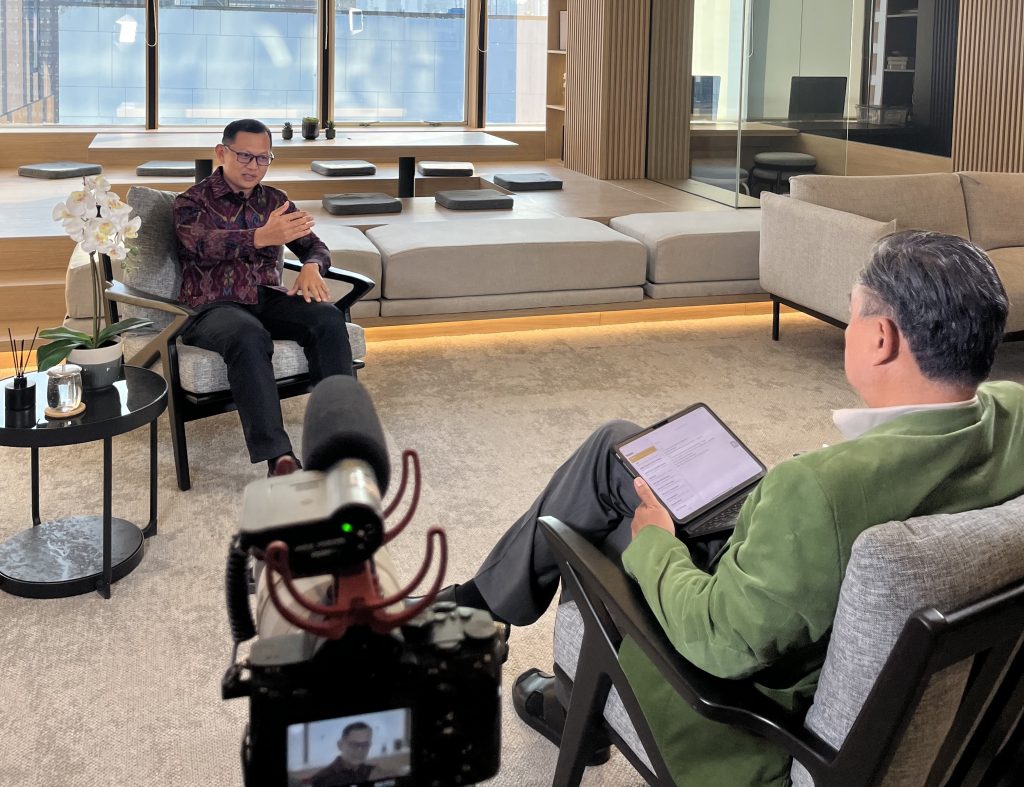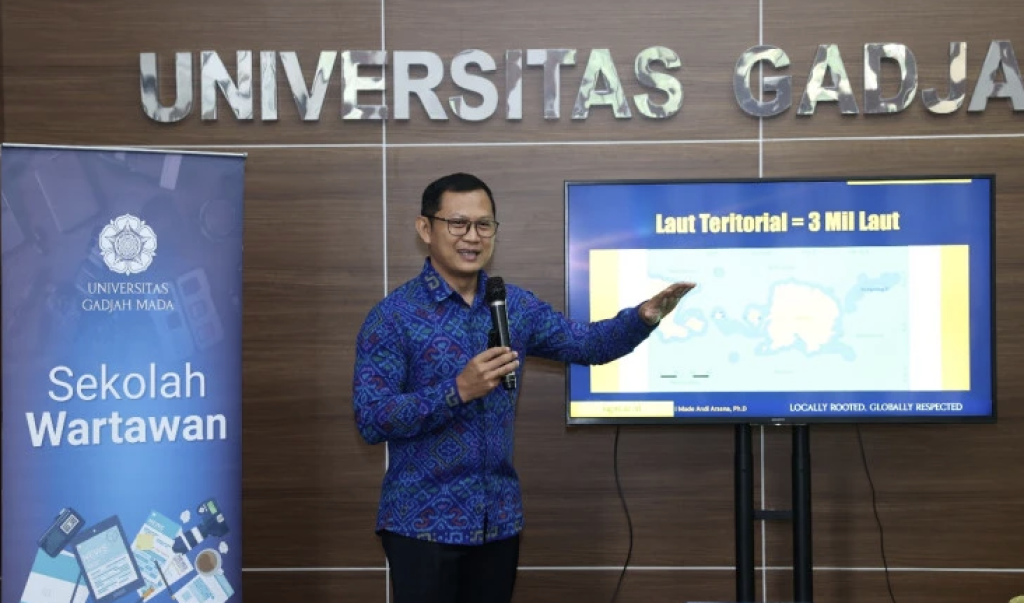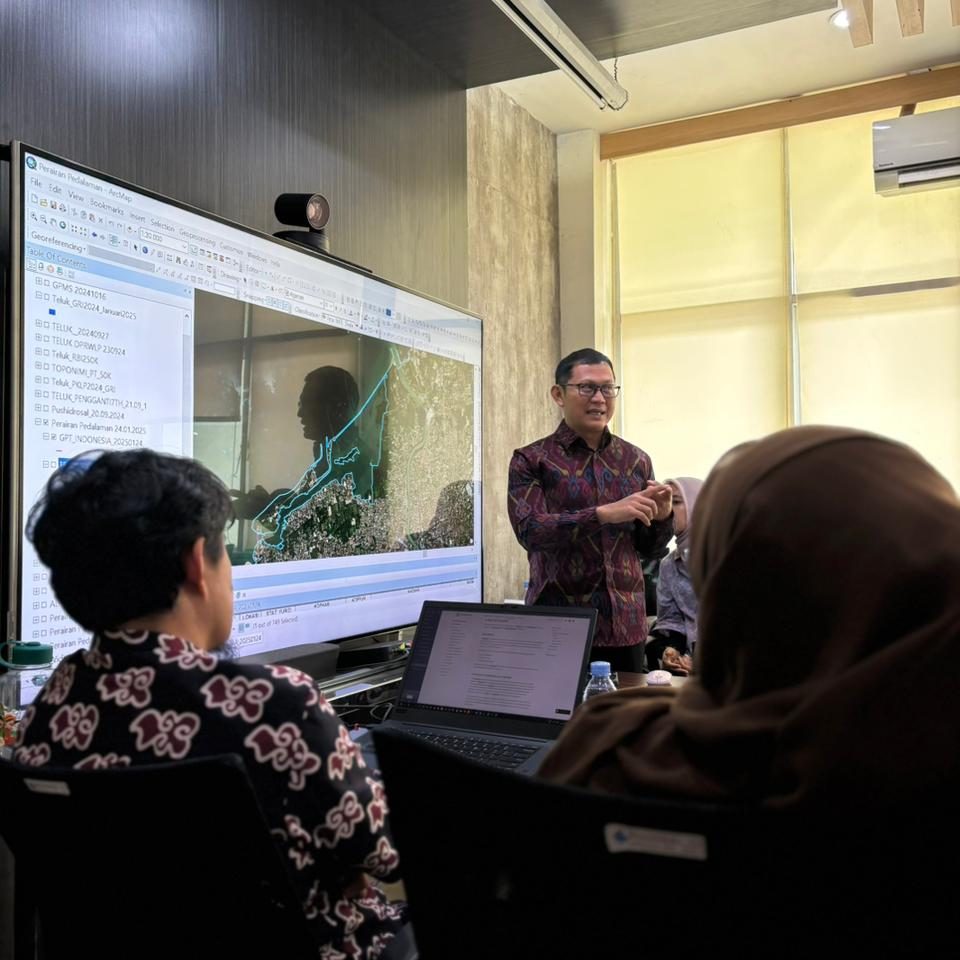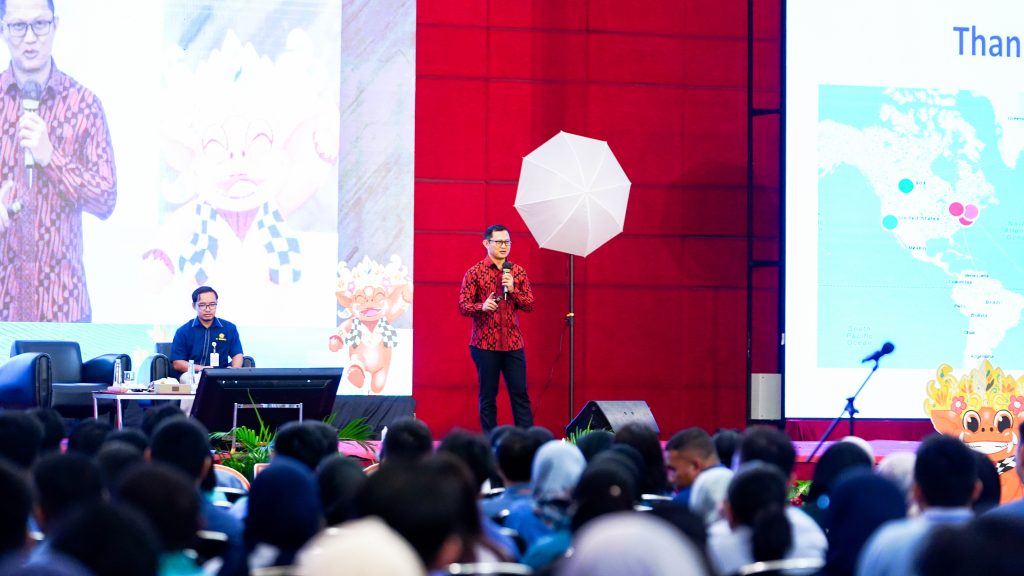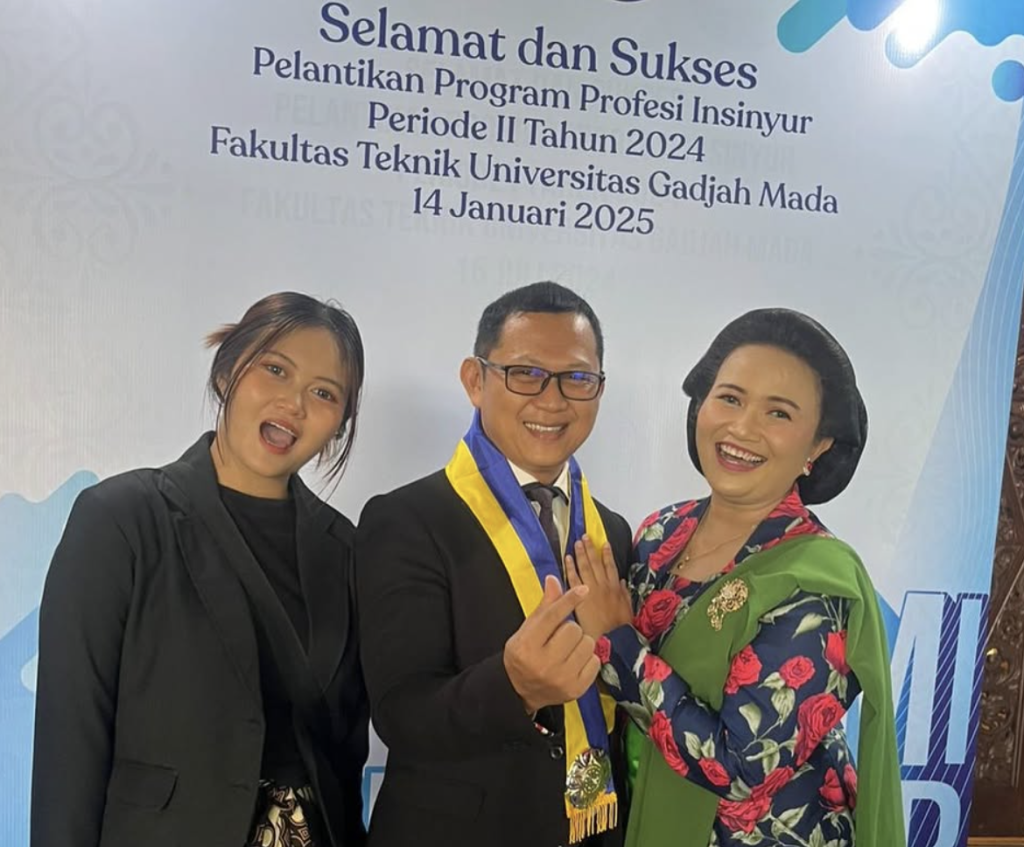I Made Andi Arsana*
Of course, the terms “permissible” (halal) and “prohibited” (haram) in the title of this article are not religious terms to be examined based on the Quran. I borrowed these terms because they were inspired by the name of the Arsana Space event organized by Arsana Ecosystem on February 9, 2025. In this event, Robertus Setiawan Aji Nugroho (Aji) and I were invited to share insights about the use of AI in research. Since it was held in the evening before breaking the fast, the organizers used the terms “permissible” (halal) and “prohibited” (haram).

Aji is an outstanding expert. Not only is he a practitioner of AI, but he has also been conducting research in the field for over a decade. Long before ChatGPT became widely popular, Aji was already deeply engaged with the power of computers to “understand” relationships and “meanings” between human words and sentences. Aji earned his Ph.D. from Macquarie University in Sydney, after previously obtaining his Master’s degree from UNSW in the same city in Australia. When it comes to AI, there is no reason to doubt Aji’s expertise.
Continue reading “Using AI for Research: Permissible (Halal) or Prohibited (Haram)?”